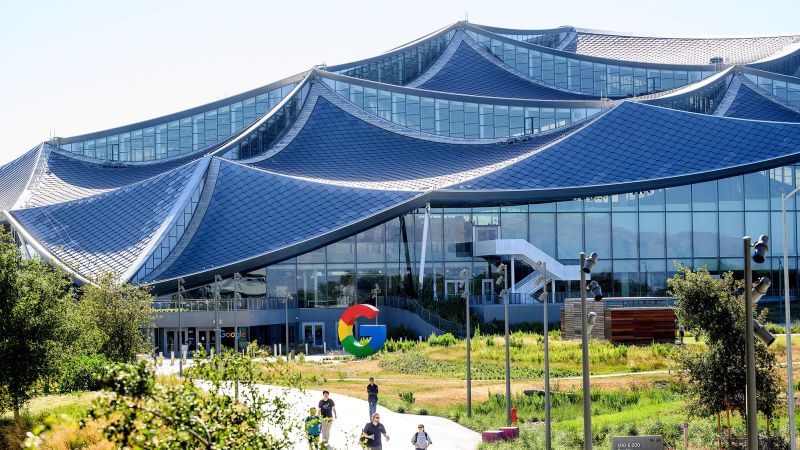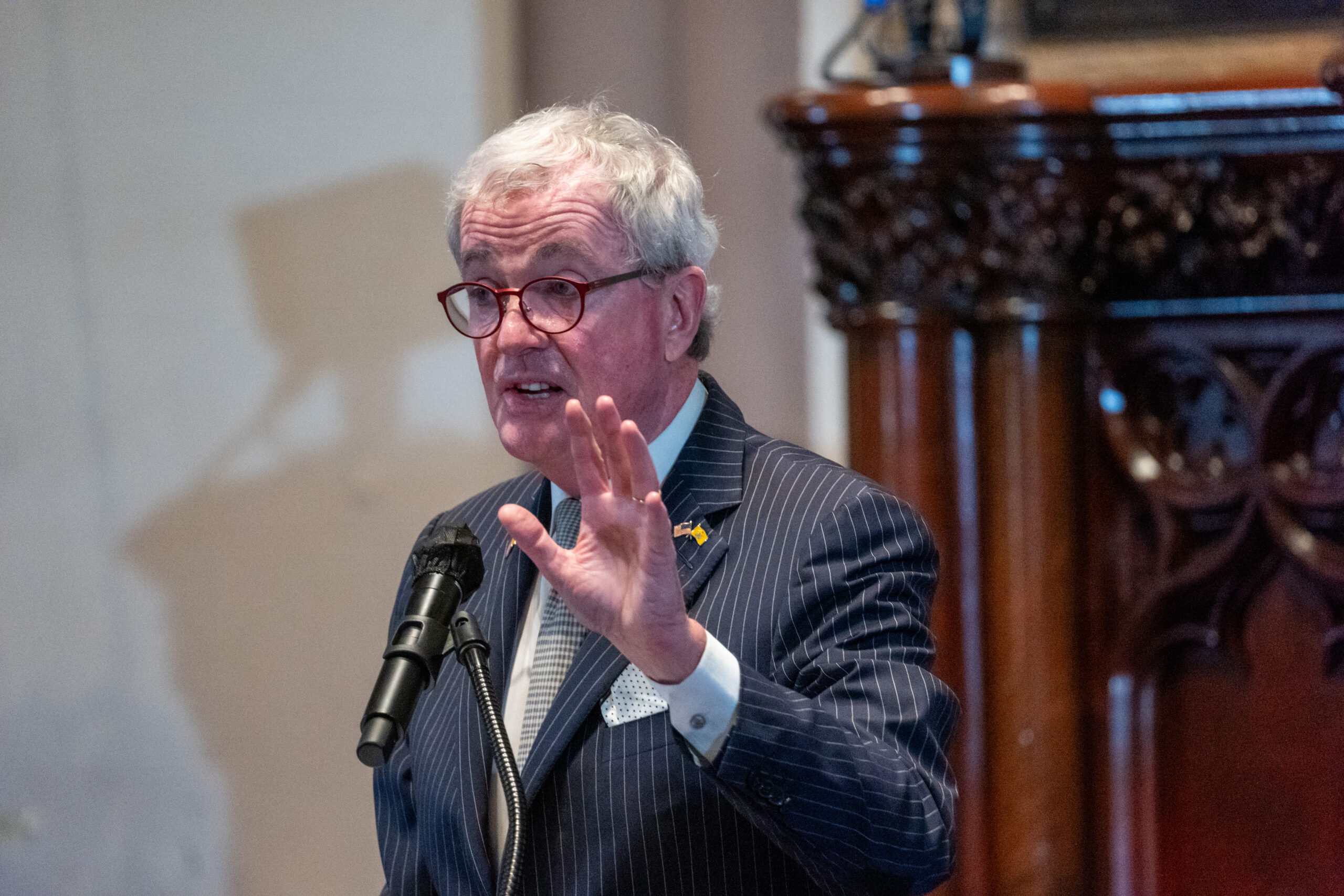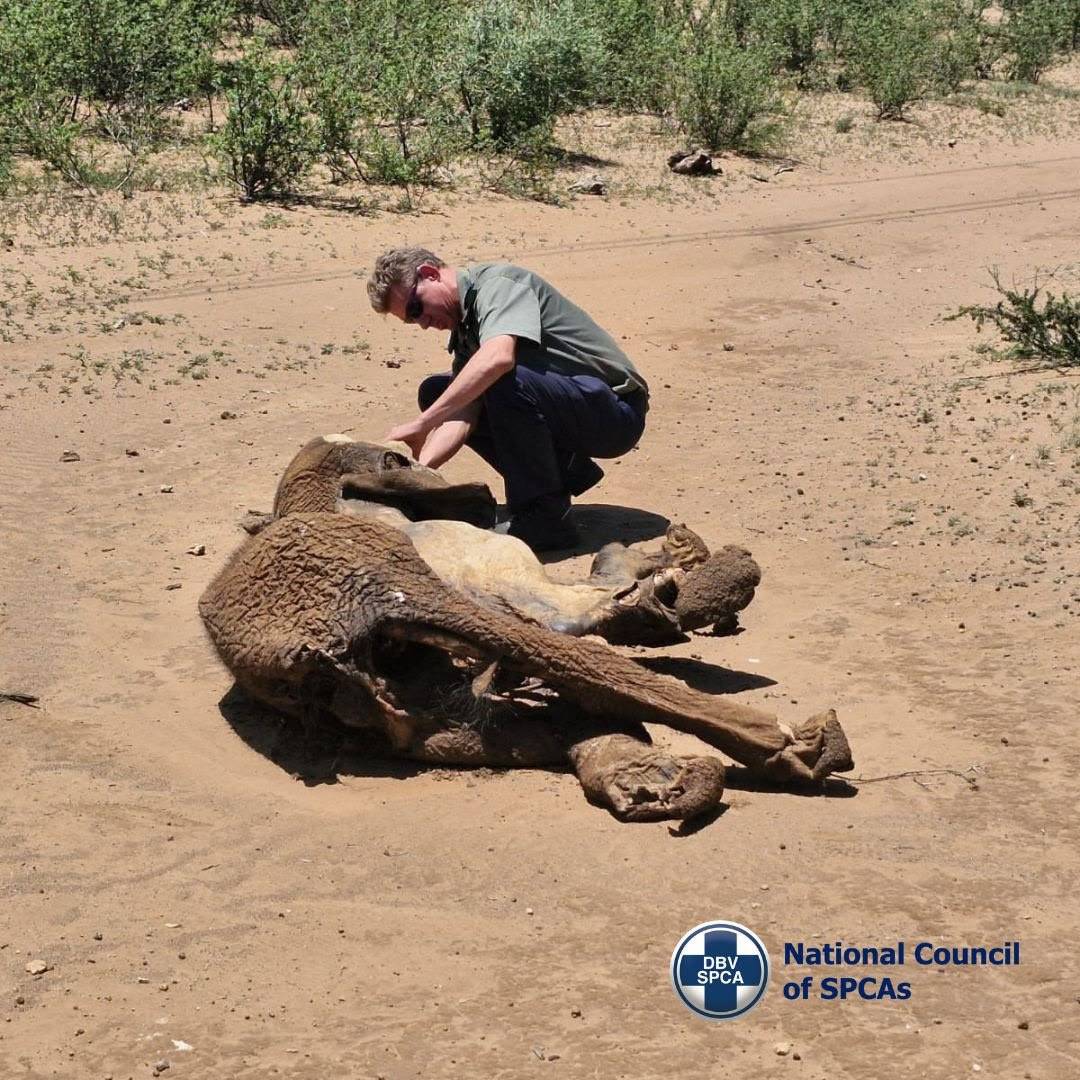Deputy President Paul Mashatile said the president would soon reveal the fate of the BELA Bill after months of deliberations and consultations. (Leon Sadiki/Bloomberg via Getty Images)
President Cyril Ramaphosa will announce a decision on the contentious Basic Education Laws Amendment (Bela) Act after the government of national unity (GNU) clearing house concluded discussions on the matter on Thursday, his deputy Paul Mashatile said on Friday.
This follows months of deliberations over the law, which has drawn both strong support and heated opposition because of its implications for school admissions and language policies.
Addressing delegates at the South African Communist Party’s (SACP) 5th special national congress in Boksburg on Friday, Mashatile said the Act was an important part of advancing the ANC’s broader transformation agenda.
Passed by democratic parliament on 26 October 2023 and signed into law by Ramaphosa on 13 September this year, the Bela Act’s implementation was delayed for three months to allow for further consultation on its two controversial clauses.
The delay in implementing parts of the law was intended to create space for meaningful dialogue between the parties. During the consultation period, stakeholders were encouraged to submit proposals addressing disputes over clauses 4 and 5 of the Act, which deal with school admission processes and language policies.
The three-month grace period came to an end on Friday 13 December.
Clauses 4 and 5 aim to address historical inequities in South Africa’s education system, but they have also sparked fierce resistance from groups advocating for linguistic and cultural preservation.
Labour union Solidarity has threatened legal action against the Act, while the ANC and its leftist allies have urged Ramaphosa to resist pressure to dilute its transformative provisions.
Mashatile, who chairs the clearing house responsible for resolving disputes, confirmed that the consultation period concluded on Thursday.
“The president provided stakeholders with three months to raise their concerns and propose solutions. That period has now ended, and a report has been submitted to him,” Mashatile said.
He said Ramaphosa would announce the next steps “very soon” but did not specify a timeline.
Mashatile said the Bela Act and the equally divisive National Health Insurance Act form part of the ANC’s broader strategy to address structural inequalities and ensure equitable access to essential services.
“These policies are integral to our vision of a national democratic society,” he said, adding that the push for transformative policies had been rejected by the ANC’s partners in the coalition government.
“It’s clear that there is significant pushback against transformative legislation. However, we are standing firm to ensure that these progressive policies are implemented.”
Mashatile’s comments come amid growing criticism of the ANC’s approach to governance within the unity government, which was formed after the party lost its parliamentary majority in 29 May general elections.
The GNU has faced criticism from the ANC’s alliance partners the SACP and labour federation Cosatu, who argue that it has diluted the party’s socialist principles. At the SACP congress, delegates expressed their dissatisfaction through anti-GNU chants, arguing that the ANC was advancing the interests of right-wingers.
In response to these criticisms, Mashatile insisted that the ANC was committed to its transformative goals.
“We have decided to use the GNU strategically to continue advancing the struggle for a national democratic society as envisioned in the Freedom Charter,” he said.
He urged unity among alliance partners, emphasising the importance of collaboration in achieving shared objectives.
“We must ensure that progressive policies take us forward and are implemented effectively,” he said, adding that the ANC was taking into consideration the criticisms levelled at it which led to it losing its majority for the first time in 30 years.
“We take these to heart. The broader society has been calling on the president to sign and implement this legislation. The announcement will not take long,” Mashatile said. “We must work together to build a united South Africa and not let anything deter us from achieving our shared goals.”
The deputy president said forming the GNU was not ideal, but was the best strategy for the ANC after losing its majority.
“We have decided though, at the moment, we will try to use it to assist us to continue to advance the struggle to achieve a national democratic society as envisioned in the Freedom Charter,” he said.
“We will continue to work for the unity of the alliance in honour of those who were imprisoned. I can say without fear of contradiction that the ANC will never betray our people, especially the poor and the working class.”
On Thursday, ANC Gauteng chairperson and provincial premier Panyaza Lesufi said “betrayal is not an option” on the issue of the Bela Act.
“We are urging our president to do one thing and one thing only: to allow the implementation of the Bela Act without any further delay. This is a period when cowards must step aside and leave the brave to go forward,” he said.
“Periods like this want us to strengthen our forces. Periods like this want us to have a strong and agile alliance. We are not children of cowards. We are children of stalwarts. If you touch us, singayisusa [we can defend ourselves].”




















Discussion about this post